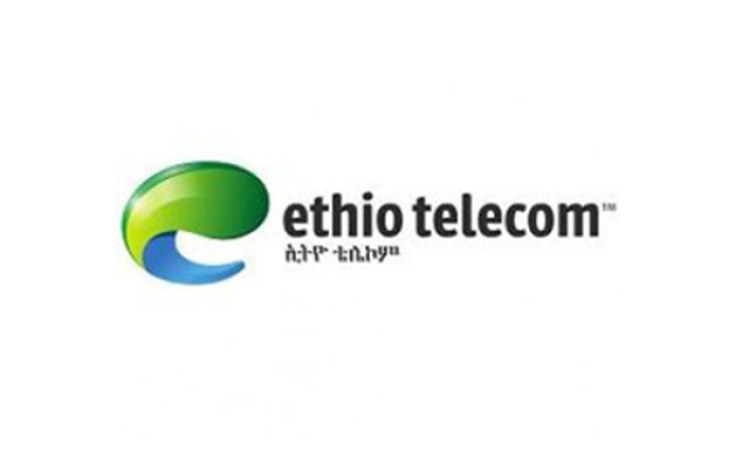ADDIS ABABA-Ethiopia is well-positioned to become a digital leader in East Africa, with the nation's digital economy projected to contribute over 1.3 trillion Birr to GDP by 2028, according to a new GSMA report.
The report, launched jointly by Ethio-telecom and GSMA, highlights Ethiopia's progress in digital transformation. With investments over the past five years, the country has rolled out advanced 4G networks and launched 5G services in Addis Ababa and four regional cities. Ethiopia's Home-Grown Economic Reform (HGER) and strategic investments by Ethio-telecom and Safaricom Ethiopia have significantly expanded mobile network coverage,
driving rapid digital growth.
Speaking at the event yesterday, Ethio-telecom CEO Frehiwot Tamiru emphasized the crucial role of the telecommunications sector in accelerating the country's economic growth through digitalization. "Telecom investments are catalyzing growth across sectors such as agriculture, manufacturing, and public services, contributing to Ethiopia's steady economic rise," she noted.
The report projects that these advancements will create over one million new jobs and generate 57 billion Birr in tax revenues by 2028. As of 2023, the telecom sector has already contributed 700 billion Birr to GDP and generated 57 billion Birr in taxes. Mobile internet connections have surged by 65%, with 4G coverage expanding eightfold, thanks to increased competition and investments from Ethio-telecom and Safaricom Ethiopia.
GSMA's Senior Director of Public Policy for Sub-Saharan Africa Caroline Mbugua noted that Ethiopia achieved an impressive 10% average GDP growth over the decade to 2019, and 50 million Ethiopians are expected to be connected to mobile internet by 2028-nearly double the current number. Increased connectivity will drive growth across sectors, adding 140 billion Birr to agriculture and 114 billion Birr to manufacturing.
With 90 million registered mobile money accounts and a 70% penetration rate, mobile financial services are becoming a key driver of financial inclusion. As these services expand, they will play an increasingly important role in boosting both digital and economic inclusion.
The GSMA outlined several policy recommendations to maximize Ethiopia's digital potential, including reducing sector-specific taxes to make mobile services more affordable.
GSMA's Sub-Saharan Africa Head Angela Wamola praised Ethiopia's progress: "Ethiopia is well-positioned to be a digital leader in East Africa. With strategic reforms and improved access to digital tools and services, the country can unlock unprecedented economic and social opportunities, benefiting millions of people."
This report underscores that Ethiopia's digital transformation is not only an economic opportunity but also a critical path toward greater social inclusion and sustainable development.


